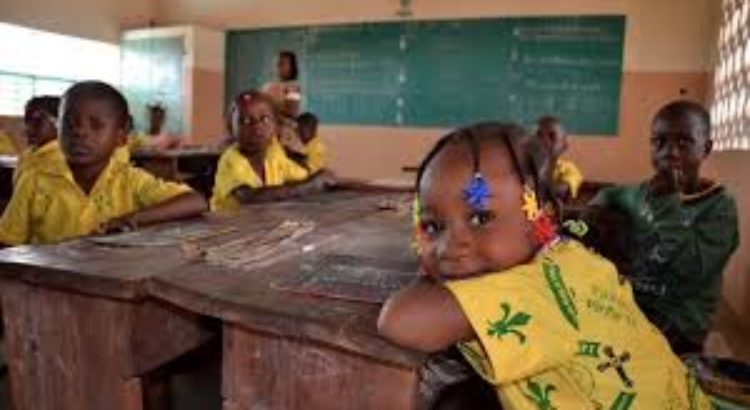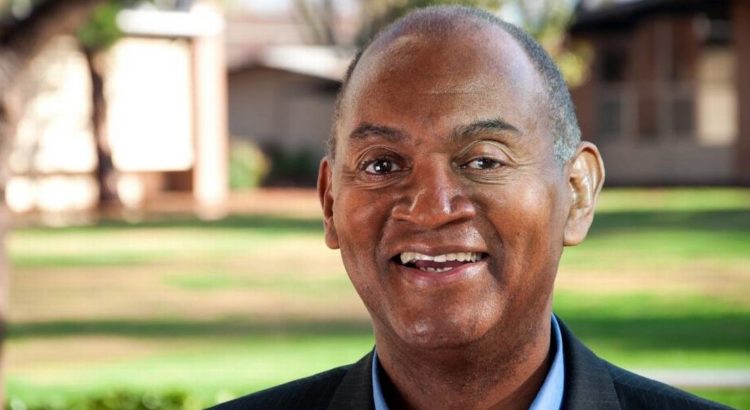China/By Yang Meiping / Source: https://www.shine.cn
Chinese corporations are looking into new ways of educating children in technology development as the nation strives to become a world leader in artificial intelligence and coding sectors.
Most children are familiar with computers, tablets and smartphones and play digital games on them. Some of those children have gone further than any of their peers and even are able to create games and apps. Yuma Soerianto, a 10-year-old from Australia, has created six apps and became the youngest attendee at Apple’s Worldwide Developers Conference last year.
Inspired by Soerianto’s achievements, some companies are now trying to cultivate such ability in every child. Shenzhen DianMao Technology Co Ltd is taking the baton with its web-based education platform called Codemao. It includes a series of applications of teaching coding and programming to children.
Li Tianchi, the co-founder and CEO of Codemao, said he and his partner Sun Yue started the company in 2015 when they noticed that some countries have already added coding subject in their school curricula. Meanwhile, the demand in China also grows rapidly due to technology development, such as artificial intelligence and the Internet.
“The world will need more new talent as computer or AI can replace human beings to some extent. Therefore, people should learn coding to make computers or AI work for us, rather than letting them manipulate us,” Li said. “Coding skill will be a basic and essential tool in the future as an international talent. For example, if a journalist can write a program to sort out data and analyze it for a financial issue, it will be more efficient for he/she to work out a report.”
The efficiency of AI has already been widely proved and began to influence lots of areas. For example, Goldman Sachs Group has laid off hundreds of traders in the past few years because of the adoption of computer programs.
According to Li, coding is becoming a basic subject for students, which has been put into primary curriculum in America and some European countries.
China’s state council also released an notification last year, requiring schools to incorporate coding into computer course. It also encourages social forces to develop interesting learning tools for coding education.
Li believes that, although China has begun to popularize computer education since the 1980s, coding education has not been fully developed yet.
Decades back, computer lessons focused on basic skills and knowledge such as document processing.
Since 2000, Computer and Information has become a compulsory course for students, but the focus was still on learning to use existing software, such as Microsoft and Internet Explorer.
“It was about how to work a computer, not how a computer works and how to make it work for us,” said Li. “Only after 2008, coding tools started to enter primary education.”
The difficulty in promoting coding education is because there are only a small number of qualified teachers who know both coding and education.
“It’s not a problem only in China, but worldwide, as outstanding computer professionals are sought by companies with high salaries. Schools could not offer that high payment,” said Li. “Meanwhile, the traditional programming code and tools are difficult for students and even primary school teachers to learn.”
However, the difficulty brought an opportunity for Li and his partner. They are professionals in computers and programming and have invited experts from education and cognitive psychology to create Codemao together — a platform designed on the learning characteristics of children. The aim is to make coding as simple and interesting as building blocks for children.
Based on Chinese national curriculum on computers, it divides its teaching system into nine levels.
It starts with teaching kindergarten or primary school students the basic ideas of coding through game-playing experience, with guidance from cartoon characters and graphic instruction options shaped like blocks. Then it gradually grows into algorithms, data structure and programming languages.
“On our platform, kids can learn to design graphic changes at the very beginning and then create simple games, such as whack-a-mole,” said Li. “When they finish all the nine levels, they will be capable of building and managing big databases and developing large-scale websites.
“We estimated that most students expect to spend approximately 10 years to go through the nine levels, but some students can learn surprisingly fast when their learning motive and potential are triggered. Thus, I think some will finish the nine levels in advance.”
Li pointed out that learning coding languages is not the ultimate goal when learning computation algorithms and creating games, animations and other programs. Students are also learning logical thinking and learning how to apply their knowledge to physics, archaeology, aerospace and other subjects.
“They are no longer addicts to online games, but learners, thinkers and creators,” he said.
There are free prerecorded online courses on the platform, one-to-one courses by teachers offline and an AI system that can answer questions from students and debug students’ work. Offline activities are organized during summer and winter vacations for themed coding learning, and famous coders from home and abroad are also invited to give lecture.
More than 2 million students from more than 3,000 schools, and some off-campus training organizations in China, Thailand, Singapore, Malaysia, Russia, Australia, South Africa, UK and France are now using the platform, according to Li.
Apart from teaching students, Li’s company also trains teachers to benefit more kids. It’s now cooperating with famous universities, such as Shanghai Normal University and Beijing Normal University, to deliver courses to embed coding and coding education ability in future teachers.
In less developed areas, it’s also cooperating with training schools to set up joint programs to cultivate coding education teachers.
It is also going to set up a research center in Finland to study issues including coding and interdisciplinary education, such as STEAM, a task-oriented education approach that guides students to solve real problems combining knowledge of science, technology, engineering, arts and mathematics.
“We would like to transfer our research findings into applications to improve our products and provide better education for children,” said Li.
The company has won many startup and innovation rewards and attracted US$18 million of financing, the highest amount K12 code education area .The two founders were listed on the “30 under 30 Asia” ranking, and 30 elites under 30 years old in Asia.
Source:
https://www.shine.cn/archive/feature/education/New-platform-to-inspire-children-to-become-the-future-building-blocks-of-technology-development/shdaily.shtml












 Users Today : 160
Users Today : 160 Total Users : 35459755
Total Users : 35459755 Views Today : 306
Views Today : 306 Total views : 3418278
Total views : 3418278